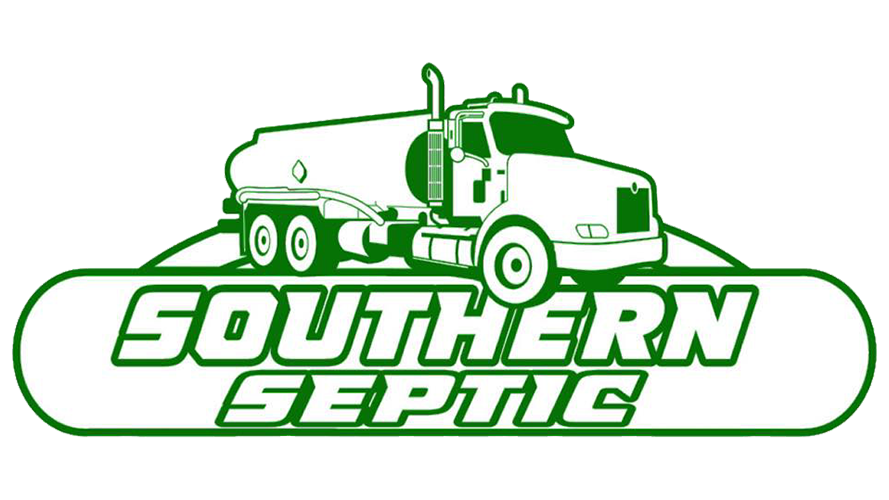FAQs
Southern Septic
Have a septic tank-related question? We have the answer. Check out these FAQs and give Southern Septic a call today for more information!
How often should I pump out my system?
We recommend having your septic system pumped every 2-3 years to maintain optimal performance and prevent potential issues.How do I know if my system is going bad?
Several indicators suggest your septic system may be failing. These include needing more frequent pump-outs, observing water pooling on the ground or drain field, or unusual odors. For a comprehensive assessment, we can perform a thorough inspection during our regular service visits.What year was your business founded?
Southern Septic was established in 2009, providing reliable septic services to our community for over a decade.How often should a septic tank be pumped?
Septic tanks should be pumped every 2-3 years, depending on the size of the tank, the number of people in the household, and the amount of wastewater generated. Regular pumping helps prevent blockages and backups.
What can I flush or drain into a septic system?
Only human waste and toilet paper should be flushed down the toilet. Avoid disposing of chemicals, oils, grease, non-biodegradable items (like wipes, diapers, etc.), or large amounts of food waste down the drain. These can disrupt the bacteria in the septic tank or clog the drainfield.
How can I tell if my septic system is failing?
Signs of a failing septic system include:
- Slow drains or toilets
- Foul odors near the septic tank or drainfield
- Sewage backups into the house
- Standing water or soggy soil near the drainfield
- Bad smells or odors near the drainfield.
How long does a drainfield last?
A well-maintained drainfield typically lasts 20 to 30 years. However, factors such as the size of the system, soil type, maintenance practices, and system overload can shorten its lifespan.
What should I do if my septic system is failing?
If you suspect a failure, contact a licensed septic professional immediately. They can assess the system, identify the problem, and suggest repairs or replacement options. In some cases, the septic tank may need to be pumped, or the drainfield may need to be replaced.
How can I maintain my septic system?
- Have the tank pumped regularly.
- Avoid using harsh chemicals that can kill beneficial bacteria in the tank.
- Reduce water usage to avoid overloading the system.
- Keep the area around the septic system clear of debris, trees, and structures.
- Inspect the system regularly to ensure it is functioning properly.

Share On: